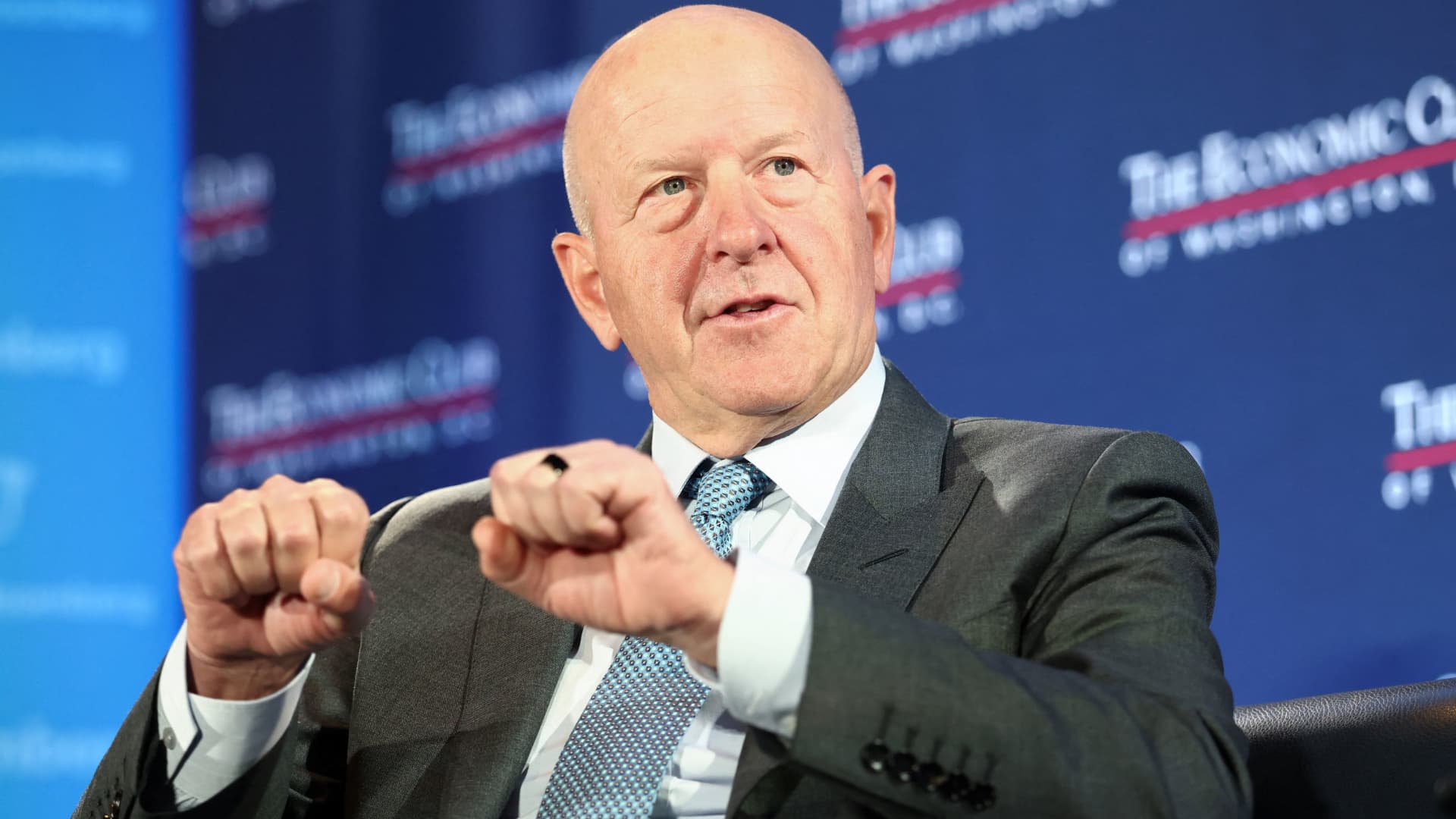Saul Loeb | Afp | Getty Images
The bill — called the Social Security Emergency Inflation Relief Act — is backed by Democratic Senators including Mark Kelly of Arizona, Alex Padilla of California, Tammy Duckworth of Illinois, Angela Alsobrooks and Chris Van Hollen of Maryland, Elizabeth Warren of Massachusetts, Tina Smith of Minnesota, Kirsten Gillibrand and Chuck Schumer of New York, Ron Wyden of Oregon and Peter Welch of Vermont.
The leaders plan to introduce the proposal on Thursday morning, according to a Warren spokesperson.
The extra $200-per-month emergency increase would boost benefit payments through July 2026, according to the senators’ proposal. The benefit boost would apply to individuals receiving benefits from Social Security, Supplemental Security Income, railroad retirement, veteran disability compensation and veteran pensions.
The proposal follows the Social Security Administration’s Friday announcement of a 2.8% cost-of-living adjustment for 2026. The annual adjustment is intended to help Social Security and Supplemental Security Income benefits maintain their buying power.
The 2.8% increase will add about $56 per month to Social Security retirement benefits, on average, starting in January, according to the Social Security Administration.
Almost 71 million Social Security beneficiaries will see the 2026 cost-of-living adjustment reflected in their payments starting in January, according to the Social Security Administration, while nearly 7.5 million Supplemental Security Income beneficiaries will see the benefit boost starting in late December.
An ’emergency lifeline for seniors’
The adjustment for 2026 is “not enough” for seniors who face “skyrocketing” costs when it comes to groceries, health care and utilities, Warren wrote in an Oct. 24 social media post.
In a statement, Warren called the bill to provide an extra $200 per month to beneficiaries an “emergency lifeline for seniors struggling to afford Trump’s tariffs and rising inflation.”
Schumer, in a separate statement, said the Social Security COLA is “simply not reflective of the current reality” for seniors as they see their bank accounts shrinking.

The latest consumer price index data shows inflation increased at an annual rate of 3% in September, which was lower than expectations. While that rate is above the 2% target the Federal Reserve has set, inflation is easing in some areas, according to the data.
Price levels from the 2025 tariffs are expected to rise by 1.3%, according to an Oct. 17 analysis by Yale’s Budget Lab, prompting an average household income loss of $1,800 in 2025.
In 2026, retirees may face higher premiums for Medicare Part B. Those monthly premium payments are typically deducted directly from Social Security checks, and therefore affect how much of the cost-of-living adjustment beneficiaries may see.
The projected standard Medicare Part B premium for 2026 is $206.50 per month, according to projections from Medicare trustees. That would be a $21.50 increase from the $185 standard premium rate in place for 2025.
On Monday, another group of Democratic lawmakers proposed a bill, the Boosting Benefits and COLAs for Seniors Act, that calls for basing the annual cost-of-living adjustment on the CPI-E, or Consumer Price Index for the Elderly, a research index that tracks the spending patterns of Americans ages 62 and over.
Social Security’s annual COLA adjustments are currently based on a subset of the consumer price index — the Consumer Price Index for Urban Wage Earners and Clerical Workers, or CPI-W, which tracks price changes for goods and services bought by certain workers.
Changing the Social Security COLA to be indexed to the CPI-E would increase the future adjustments by about 0.2 percentage points, Social Security’s chief actuary has estimated, according to research from the Bipartisan Policy Center. That change would also increase the program’s long-term shortfall by an estimated 11%, according to the estimate.
It is not clear how much the senators’ proposal to add $200 per month to benefits would cost or whether it would affect Social Security’s trust fund depletion dates. The Congressional Budget Office has not scored the proposal.
















Leave a Reply